Iran warns against anti-Tehran resolution after commitments verified by IAEA
The Iranian foreign minister has censured the new European sanctions against the country’s airlines and shipping, stressing that any anti-Tehran move at the upcoming meeting of the Board of Governors of the International Atomic Energy Agency (IAEA) will further complicate the situation regrading the Islamic Republic’s peaceful nuclear program.
Abbas Araghchi made the statement in a phone conversation with his French counterpart Jean-Noël Barrot on Wednesday as they exchanged views on nuclear negotiations and latest regional developments.
The top Iranian diplomat strongly condemned as “unjustified and provocative” the move by the European countries to have levied new sanctions against the Islamic Republic over what they claimed to be Tehran’s supply of military equipment to Moscow to be use in the Ukraine war.
Araghchi also vehemently rebuked the decision of the three countries of Germany, France and the United Kingdom to present an anti-Iran resolution at the meeting of the IAEA's Board of Governors on Wednesday.
“This measure by the three European countries is in blatant contravention of the positive atmosphere created in the interaction between Iran and the Agency,” the Iranian foreign minister said. “It will only make matters more complicated.”
Pointing to the regional developments and the continuation of the Israeli onslaught on Lebanon and the regime’s genocide in Gaza, Araghchi censured support for Tel Aviv’s atrocities and called for an urgent action by the influential parties to force Israel to stop the aggression.
The phone conversation comes as a senior Western diplomat, who spoke on the condition of anonymity, confirmed to the AP that the United Kingdom, France and Germany, with support from the US, are going ahead with a resolution against Tehran at this week’s IAEA Board of Governors meeting.
The resolution will take to task Iran for what it claims to be lack of cooperation with the IAEA in the country’s nuclear program.
“It is possible that the commitments made by Iran during the IAEA’s chief visit may not stand in case a resolution is passed,” a senior diplomat said, stressing that Iran has in the past responded to resolutions by the IAEA Board of Governors through further enhancing its nuclear program.
IAEA Director General Rafael Grossi visited Tehran last week at the head of a delegation to negotiate with top Iranian nuclear and political officials.
The Islamic Republic offered not to expand its uranium stockpile during the visit by Grossi, with the IAEA underlining, “The possibility of Iran not further expanding its stockpile of uranium enriched up to 60% U-235 was discussed, including technical verification measures necessary for the Agency to confirm this, if implemented.”
The Agency said that one day after Grossi left Iran, IAEA inspectors verified that “Iran had begun implementation of preparatory measures aimed at stopping the increase of its stockpile of uranium enriched up to 60 % U-235” at its nuclear sites in Fordow and Natanz.
Mohammad Eslami, head of the Atomic Energy Organization of Iran (AEOI), also warned at a joint press conference with Grossi of an "immediate response" to any resolution by the UN nuclear agency against the country's peaceful atomic program.
"Any resolution against Iran's nuclear program will be met with Iran's immediate response," he said, emphasizing that the Islamic Republic, undeterred by pressure, will advance its nuclear activities within the framework of its national interests.
In 2015, Iran proved the peaceful nature of its nuclear program to the world by signing the Joint Comprehensive Plan of Action (JCPOA) with six world powers.
However, Washington’s unilateral withdrawal in 2018 and its subsequent re-imposition of sanctions against Tehran left the future of the deal in limbo.
In 2019, Iran started to roll back the limits it had accepted under the JCPOA after the other parties failed to live up to their commitments.
Press TV’s website can also be accessed at the following alternate addresses:

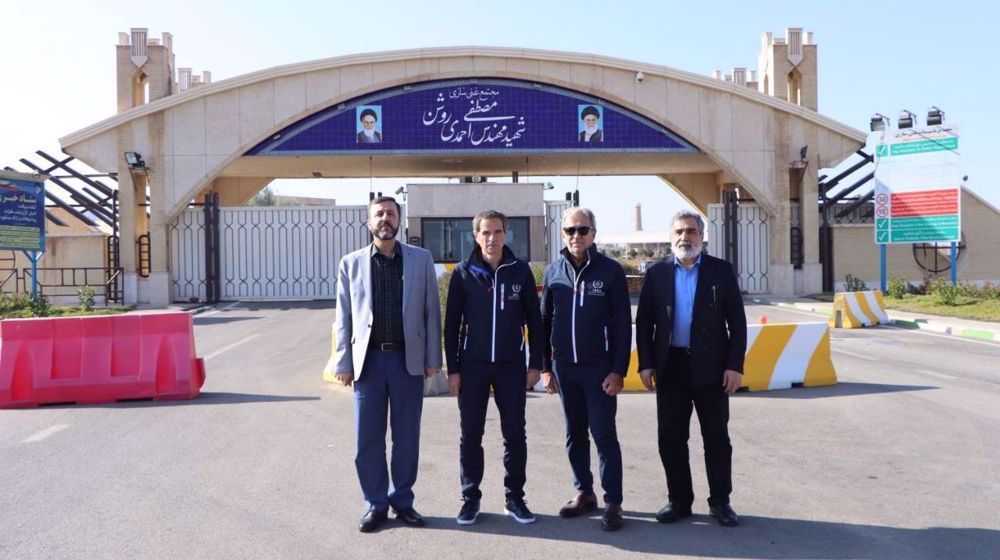
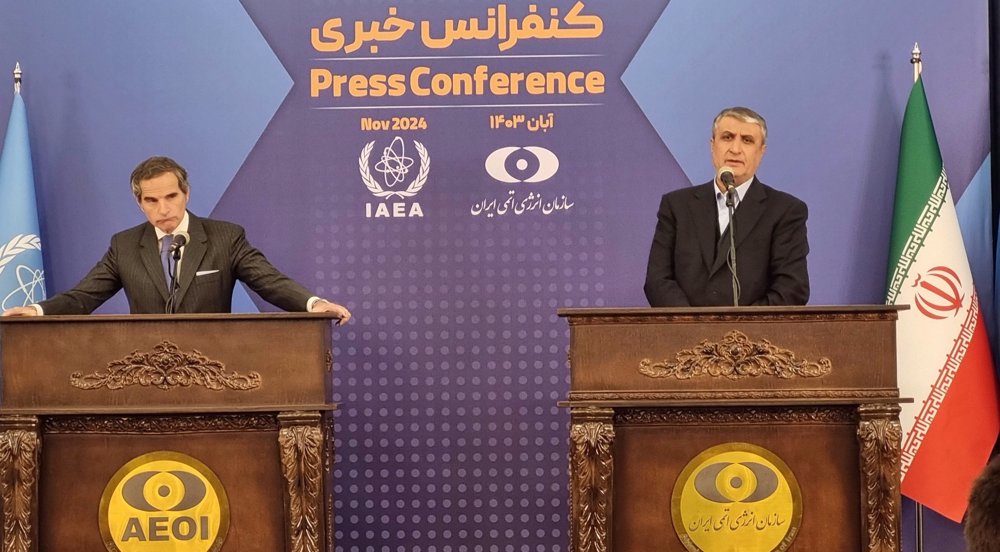
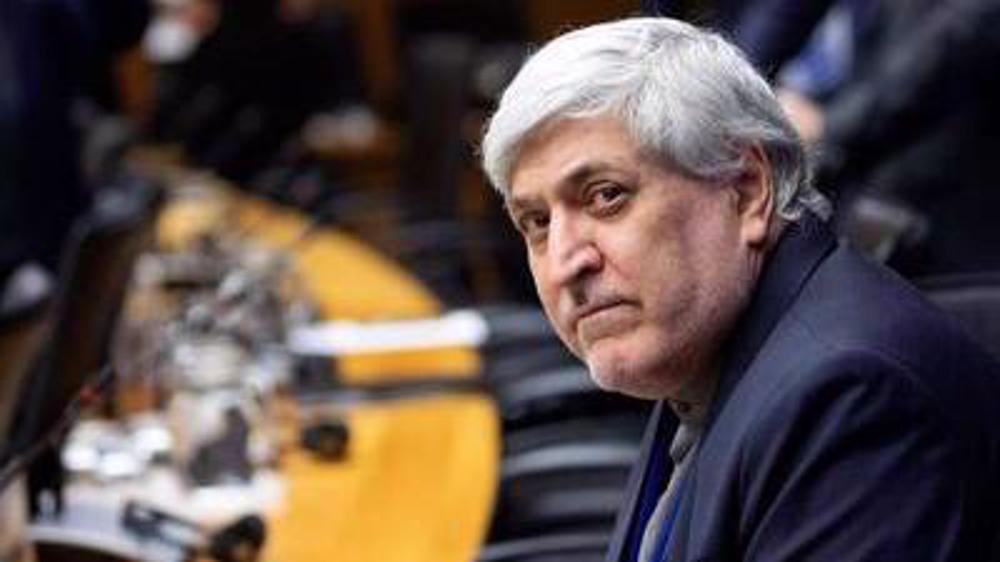
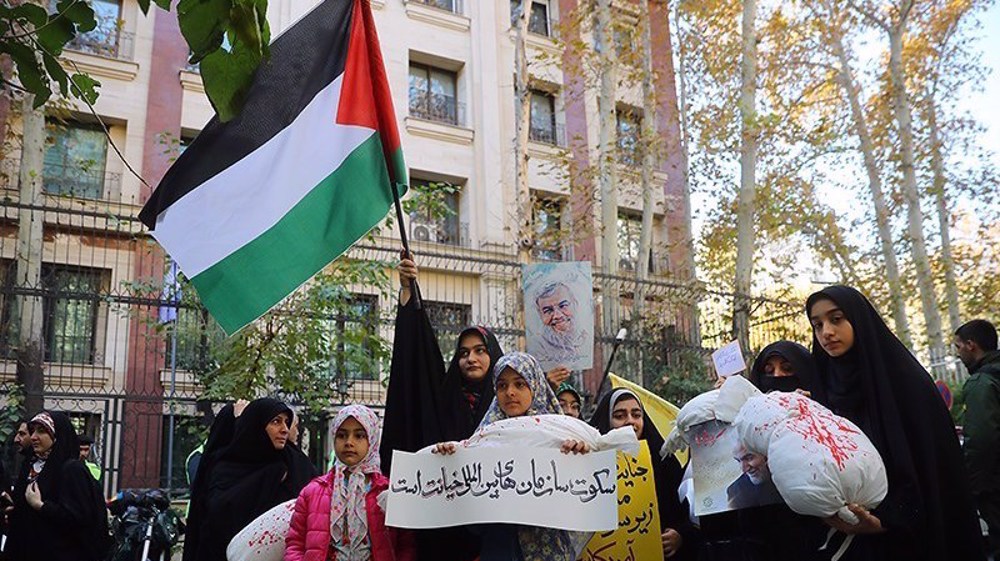
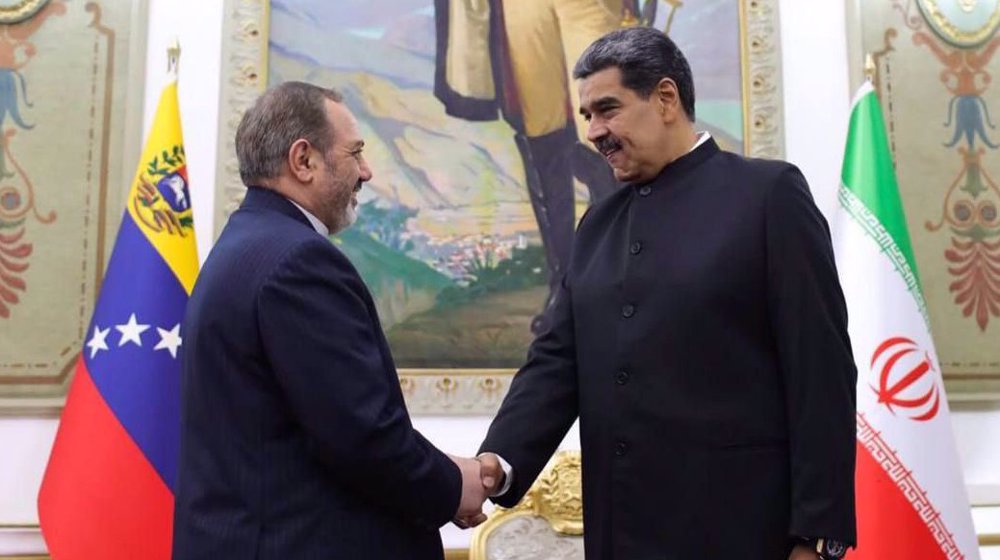



 This makes it easy to access the Press TV website
This makes it easy to access the Press TV website